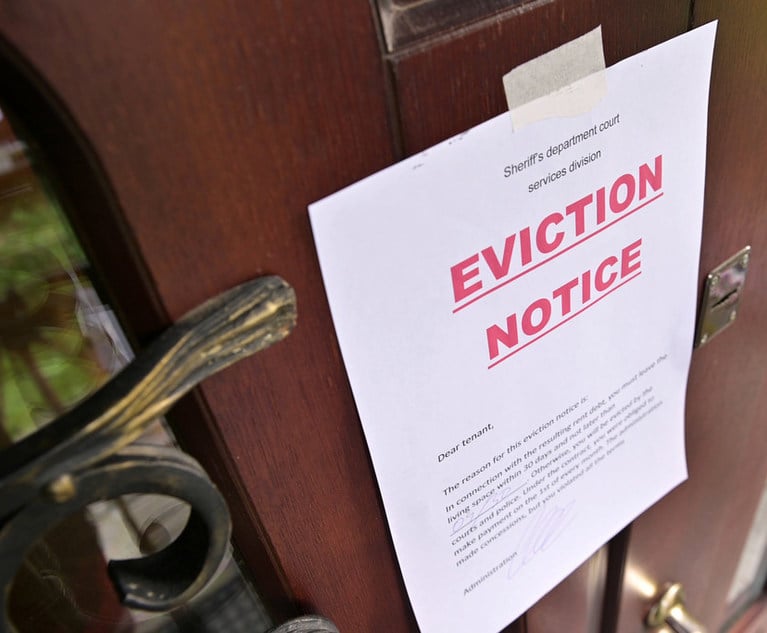On April 2, 2020, the New York State Court of Appeals issued a split decision (4-3) on a string of four rental overcharge cases in the Matter of Regina Metro Co. v. New York State Div. of Hous. & Community Renewal, 2020 NY Slip Op 02127, holding that the retroactive application of the newly enacted rent overcharge provisions (Part F) of the Housing Stability and Tenant Protection Act of 2019 (HSTPA) offended traditional notions of substantial justice embodied in the Due Process Clause. In particular, the Regina court ruled that the HSTPA’s mandate compelling owners to produce their entire rental history—from the beginning of time—in connection with defending against rental overcharge claims would be fundamentally unfair because owners only had a legal obligation to maintain such records for a period of four years under the prior law. See former Rent Stabilization Law (RSL) §26-516[g]; see also Rent Stabilization Code (RSC) §2523.7[b]. Consequently, Regina has now lifted the chill that had been imposed over the purchase and sale of rent-regulated buildings under the HSTPA’s radical expansion in opening the review of an apartment’s entire rental history. Massimo D’Angelo, “Sweeping Reforms to Rent Overcharge Under New Rent Laws,” New York Law Journal (Dec. 13, 2019).
The Doctrine of Judicial Review
As Chief Justice of the Supreme Court of the United States John Marshall enunciated over 200 years ago in the landmark case Marbury v. Madison, 1 Cranch 137 (1803), which established the doctrine of judicial review:
It is emphatically the province and duty of the judicial department to say what the law is. Those who apply the rule to particular cases, must of necessity expound and interpret that rule. If two laws conflict with each other, the courts must decide on the operation of each.


 Massimo D’Angelo
Massimo D’Angelo




